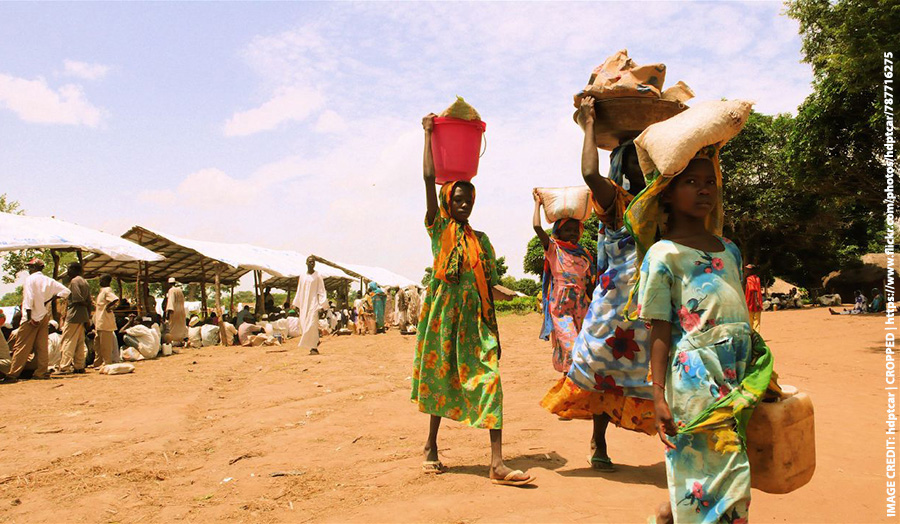London Met collaborates with two institutions to build capacity for women’s rights in the conflict areas of Darfur, Sudan.
Date: 31 October 2016
EXPIRED: Karen Bennett, Senior Research Fellow at the Human Rights and Social Justice Research Institute (HRSJ) at London Metropolitan University, has recently completed work as academic lead on a three-year international project in East Africa, designing and implementing the methodology for the project.
Working with lawyers in Darfur, the project provides education on the rights of women in internally displaced persons camps.
Karen said that women’s rights in the regions of Darfur, "are of critical concern, compounded by the protracted conflict and isolation of living in the internally displaced camps.
To address this, the project needed careful consideration in its design. The outcomes of the project were impressive - the lawyers implemented community projects that created supportive networks, which served to train women of their rights and strengthen possibilities for their access to justice.”
Commissioned by the Baring Foundation and The John Ellerman Foundation International Development Programme, the project began in 2012 as a collaboration between the Human Rights and Social Justice Research Institute at London Metropolitan University, the International Bar Association Human Rights Institute and the Darfur Bar Association.
The partners have worked together since 2009 to develop training programmes to address legal principles and practices of human rights law, international humanitarian law and international criminal law with Darfur lawyers.
An independent evaluation of the project by Professor Helen Duffy, a human rights expert and founder of Human Rights in Practice, found that the work was a “carefully and creatively designed project, deserving of the investment in it to date and of on-going support for the future.”
Duffy particularly noted successful aspects of the programme methodology, saying that the, "participative and inclusive approach to training, whereby participants shaped the programme and identified the projects through which they would put learning into action, is both effective pedagogically for those engaged in the training programme and supports the impact and sustainability of the training on the ground.”

